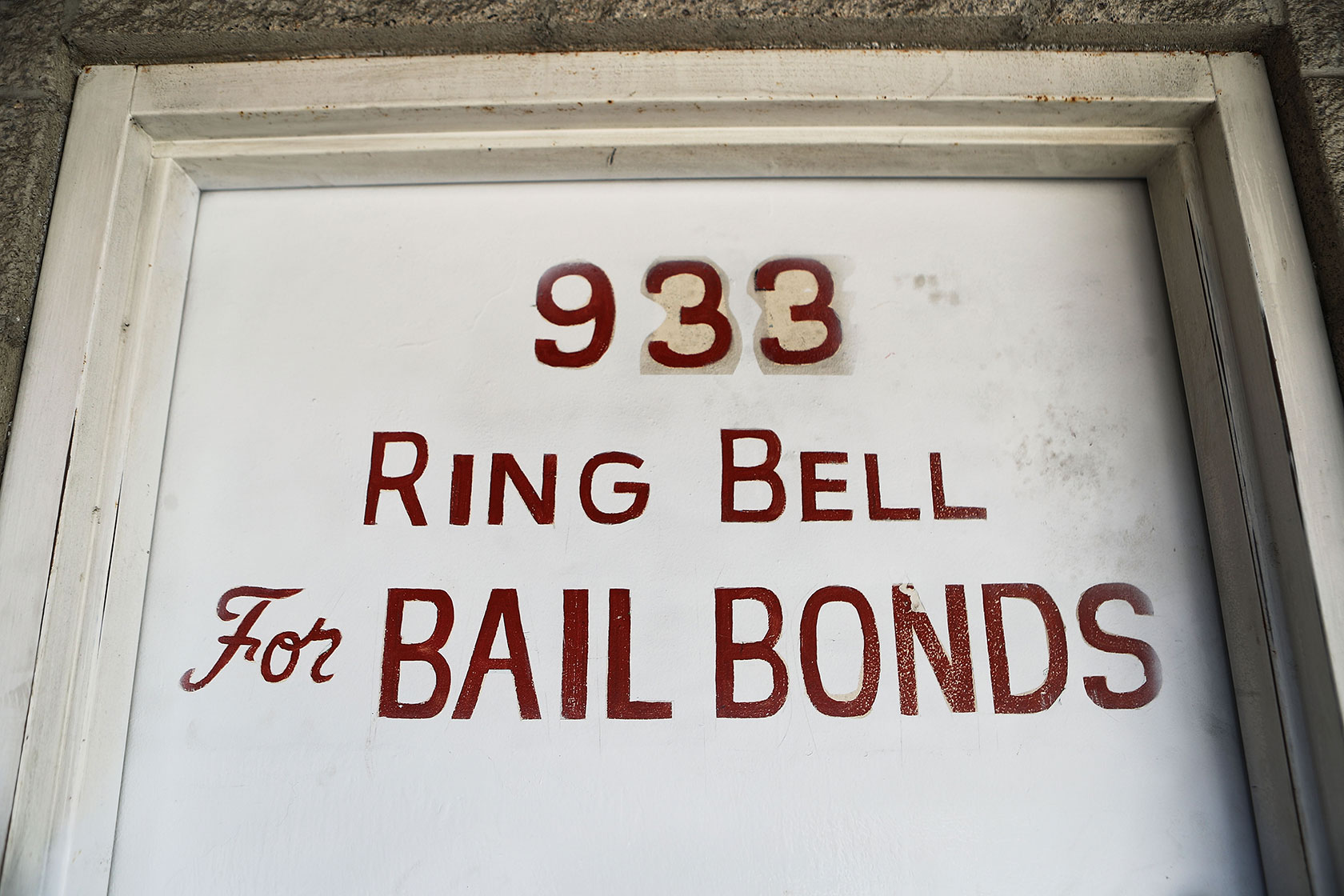Dayton Bail Bonds Solutions - Specialist and Confidential
Dayton Bail Bonds Solutions - Specialist and Confidential
Blog Article
Opening the Tricks of Bail Bonds: A Detailed Overview
Navigating the elaborate world of Bail bonds can commonly seem like deciphering a cryptic code, with layers of complexity that remain concealed to lots of. From the different kinds of Bail bonds readily available to the crucial duty of a co-signer, each element plays an important part in this legal process. As we decipher the web of details bordering Bail bonds, a more clear understanding arises, shedding light on the mechanisms that underpin this system. Join us as we delve much deeper right into the nuanced facets of Bail bonds, discovering the keys that exist within and debunking this usually nontransparent world.
Comprehending Bail Bonds Refine
When encountering a lawful scenario that calls for uploading Bail, recognizing the Bail bonds procedure is important to navigate the complexities of the judicial system successfully. Bail bonds act as an economic warranty to the court that the accused will show up for all called for court appearances. This procedure includes a bondsman, who typically bills a non-refundable charge, normally around 10% of the overall Bail quantity, to publish the Bail in behalf of the defendant.

In addition, collateral, such as home or assets, may be called for to protect the bail bond. Recognizing the conditions of the bail bond agreement is important to make sure conformity and prevent any type of added lawful consequences. By understanding the Bail bonds procedure, individuals can make enlightened decisions when browsing the lawful system.
Sorts Of Bail Bonds Available
The most common type is a surety bond, where a bail bondsman pays the full Bail amount on part of the offender in exchange for a non-refundable fee, typically around 10% of the overall Bail. Money bonds call for the complete Bail quantity to be paid in cash money before the defendant can be released.
Additionally, there are federal Bail bonds for situations including government costs and migration bonds for people restrained by Migration and Traditions Enforcement (ICE) Recognizance, or trademark bonds, are granted based on the defendant's guarantee to appear in court without needing any type of settlement. Last but not least, transfer bonds are used when a defendant is arrested in a different state and requires to post Bail to be launched. Understanding the numerous sorts of Bail bonds available can help offenders browse the lawful procedure better.
Obligations of the Co-Signer

Furthermore, as a co-signer, you are accountable for making certain that the defendant adheres to any conditions established by the court, such as attending counseling or avoiding from certain activities. It is very important to maintain open interaction with the offender to monitor their compliance and attend to have a peek here any kind of issues without delay. Ultimately, being a co-signer includes a substantial degree of count on and obligation, as you are monetarily and legitimately tied to the accused's Bail commitments.
Effects of Skipping Bail

Avoiding Bail can have serious legal effects for both the defendant and the co-signer entailed in the bail bond agreement. When an accused falls short to show up in court as required after publishing Bail, the court commonly issues a warrant for their arrest. This not only exacerbates the accused's lawful concerns but likewise puts the co-signer in danger.
For the offender, skipping Bail can result in extra criminal costs, such as ridicule of court or Bail leaping, which can result in fines, a cancellation of Bail opportunities, and even jail time. Moreover, the defendant may lose the Bail amount paid and any kind of security provided.
If the offender skips Bail,Co-signers also deal with considerable repercussions. As the co-signer assures the offender's appearance in court and is monetarily accountable for the complete Bail quantity, they might be needed to pay the entire Bail if the accused absconds. This can result in monetary stress, damaged credit, and potential lawsuit versus the co-signer.
Trick Consider Bail Bond Approval
Extra severe offenses may lead to greater Bail amounts or even a rejection of Bail altogether. A history of previous sentences or a pattern of avoiding court dates can elevate red flags and make it more challenging to safeguard a bail bond.
Additionally, the connections the defendant has to the area can impact the authorization of a bail bond. The ability to pay the Bail amount or offer collateral can enhance the chances of bail bond approval. Ultimately, a combination of these factors is considered by the court when determining whether to accept a bail bond.
Verdict
Finally, recognizing the Bail bonds procedure, the types available, the responsibilities of the co-signer, the consequences of skipping Bail, and the key consider bail bond approval are important for browsing the legal system. By familiarizing oneself with these facets, people can make enlightened decisions and ensure a smoother process when dealing with Bail bonds. It is very important to adhere to the guidelines and demands established forth to stay clear of any type of potential complications.
The most usual kind Full Article is a surety bond, where a bail bondsman pays the complete Bail amount on behalf of the defendant in exchange for a non-refundable cost, normally around 10% of the total Bail. By authorizing the bail bond agreement, you are taking on the obligation of guaranteeing the complete Bail quantity if the defendant falls short to appear in court - 24 hour bail bonds dayton ohio.Avoiding Bail can have serious lawful consequences for both the co-signer and the accused entailed in the bail bond contract. The capacity to pay the Bail amount or supply collateral can boost the chances of bail bond authorization.In conclusion, comprehending the Bail bonds procedure, the kinds available, the duties of the co-signer, basics the repercussions of skipping Bail, and the crucial aspects in bail bond approval are vital for navigating the legal system
Report this page